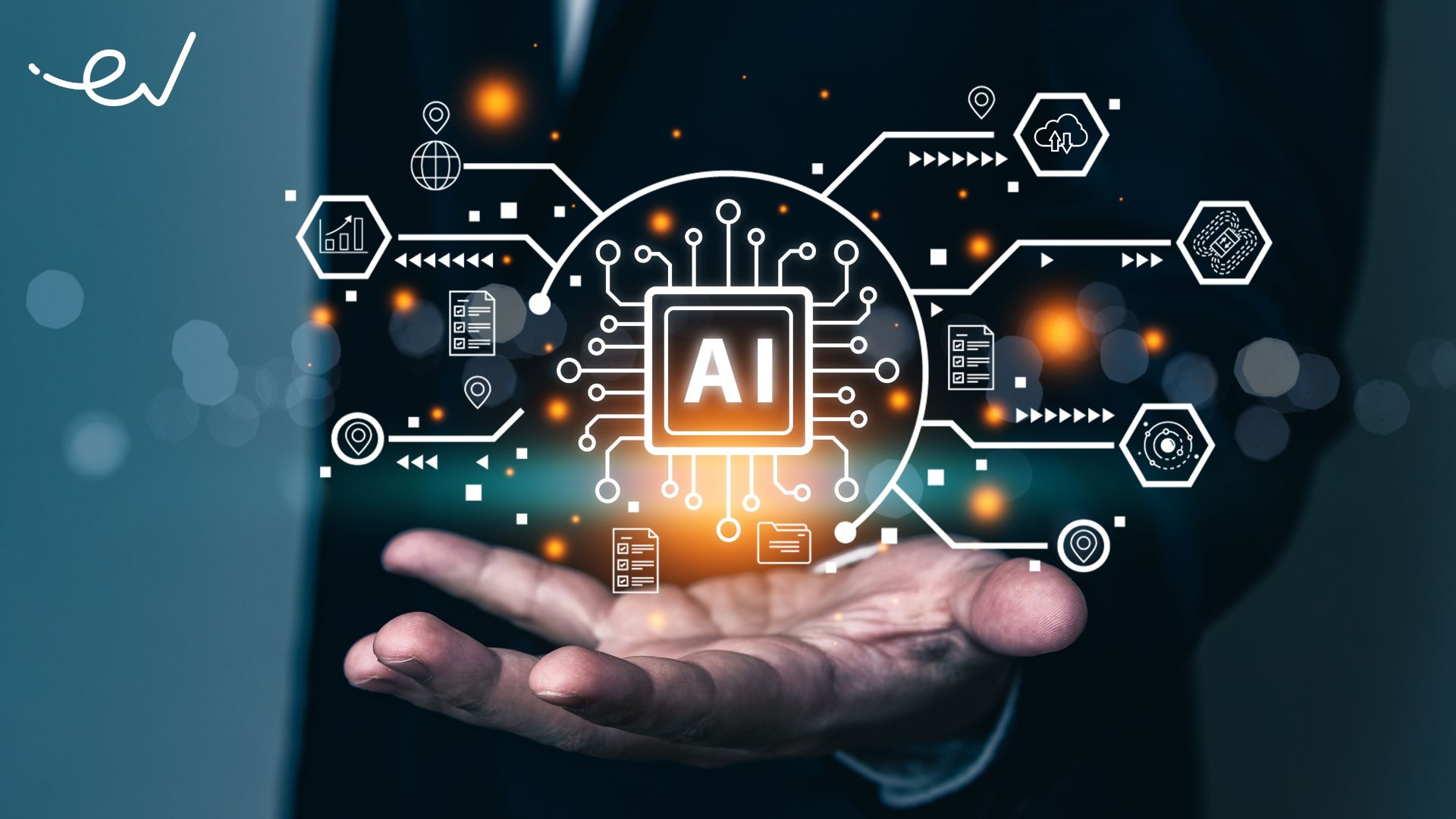


Artificial Intelligence (AI) has transformed from a concept of science fiction to a reality that shapes our daily lives. From personalized recommendations on streaming platforms to autonomous vehicles navigating city streets, AI is revolutionizing industries and reshaping the way we interact with technology. In this blog post, we'll delve into the fascinating world of AI, exploring its applications, advancements, and implications for the future.
At its core, AI refers to the development of computer systems capable of performing tasks that typically require human intelligence. These tasks include learning, reasoning, problem-solving, perception, and language understanding. AI algorithms analyze vast amounts of data, identify patterns, and make decisions with minimal human intervention.
AI has permeated virtually every industry, offering innovative solutions to complex challenges. In healthcare, AI-powered diagnostic systems can analyze medical images and detect diseases with remarkable accuracy. In finance, AI algorithms optimize trading strategies and detect fraudulent transactions in real-time. In transportation, AI enables self-driving cars to navigate roads safely and efficiently.
Machine learning is a subset of AI that focuses on enabling computers to learn from data without being explicitly programmed. Deep learning, a more advanced form of machine learning, involves training artificial neural networks with large datasets to perform tasks such as image recognition, natural language processing, and speech synthesis. Deep learning has fueled breakthroughs in areas such as computer vision, language translation, and autonomous robotics.
As AI continues to evolve, ethical considerations surrounding its use become increasingly important. Issues such as bias in AI algorithms, data privacy, job displacement, and autonomous weapons raise complex ethical dilemmas that require careful consideration. It's crucial for developers, policymakers, and society as a whole to address these ethical concerns and ensure that AI technologies are deployed responsibly and ethically.
The future of AI holds immense promise and potential. As AI technologies become more sophisticated, they will continue to augment human capabilities, improve efficiency, and drive innovation across industries. Advancements in areas such as quantum computing, natural language processing, and reinforcement learning will unlock new opportunities for AI applications, from personalized healthcare to climate modeling to space exploration.
Artificial Intelligence is not just a technology; it's a transformative force that is reshaping the world as we know it. From enhancing productivity and driving economic growth to addressing societal challenges and advancing scientific research, AI has the power to revolutionize virtually every aspect of human endeavor. As we embark on this AI-powered journey, let's embrace its potential while remaining vigilant about its ethical implications, ensuring that AI serves the greater good and enriches the lives of people around the globe.k